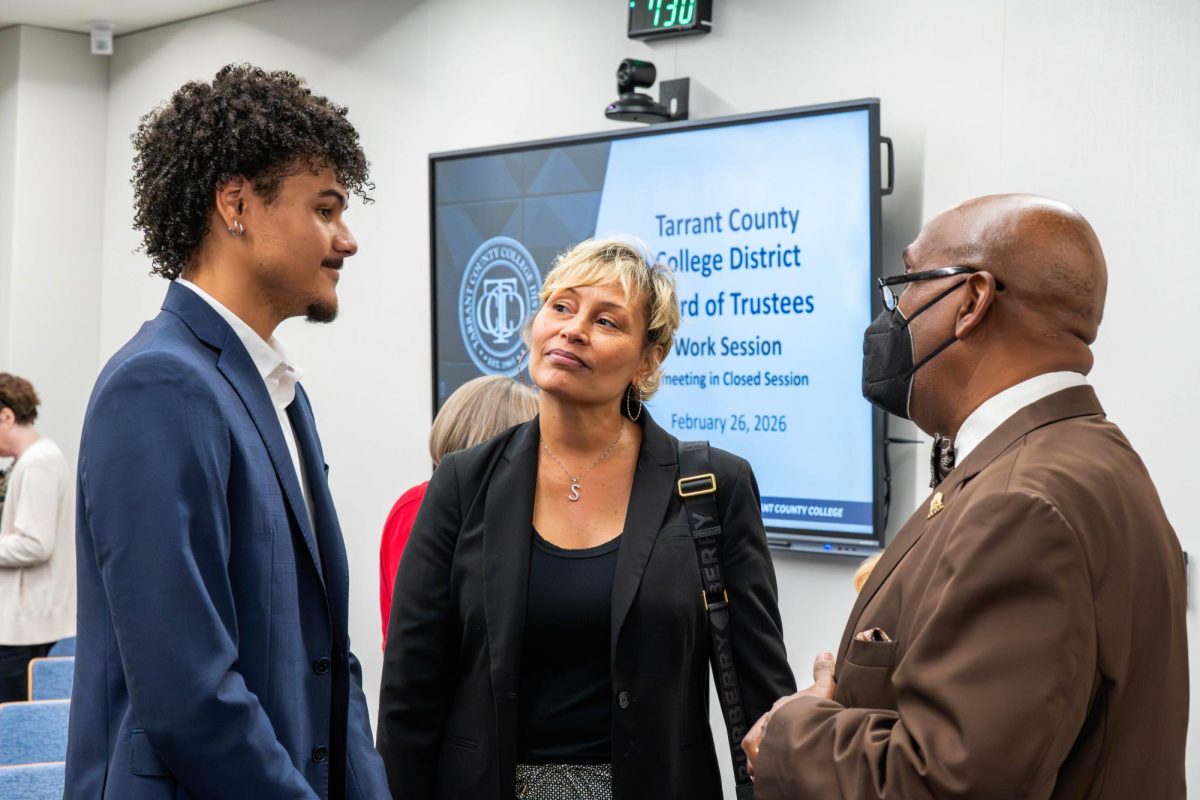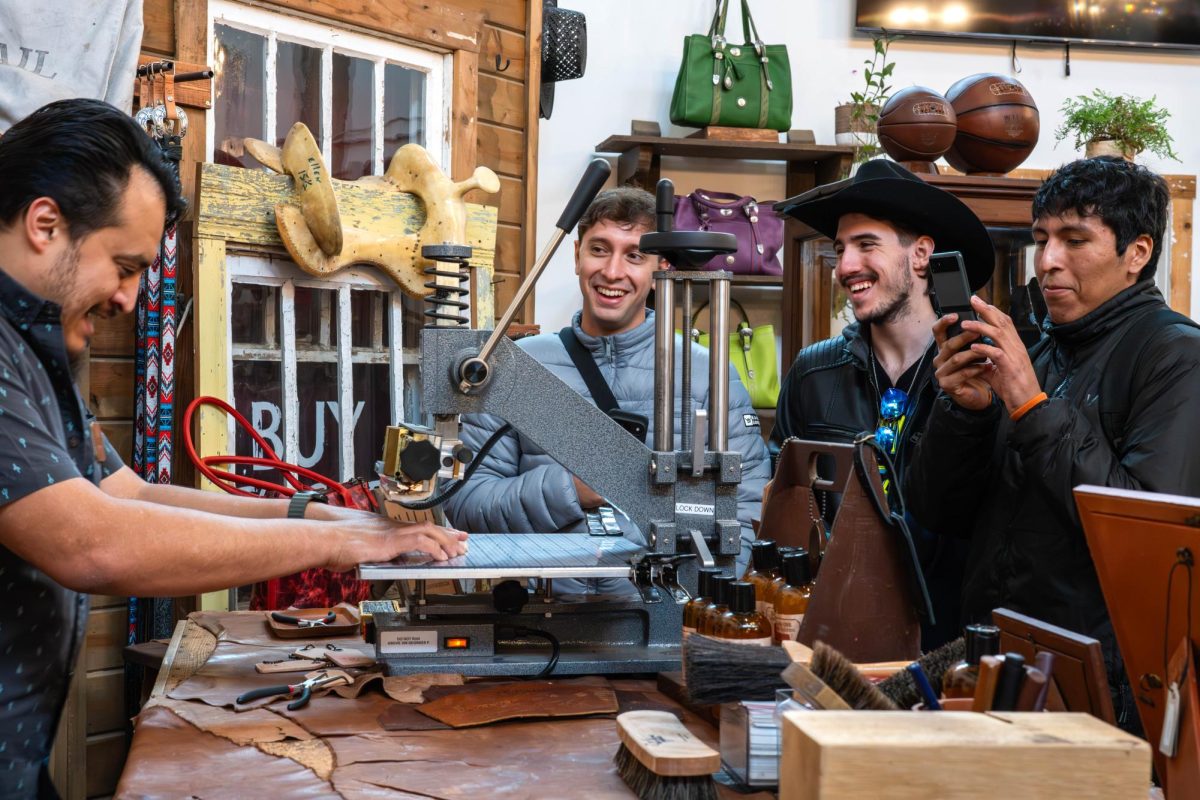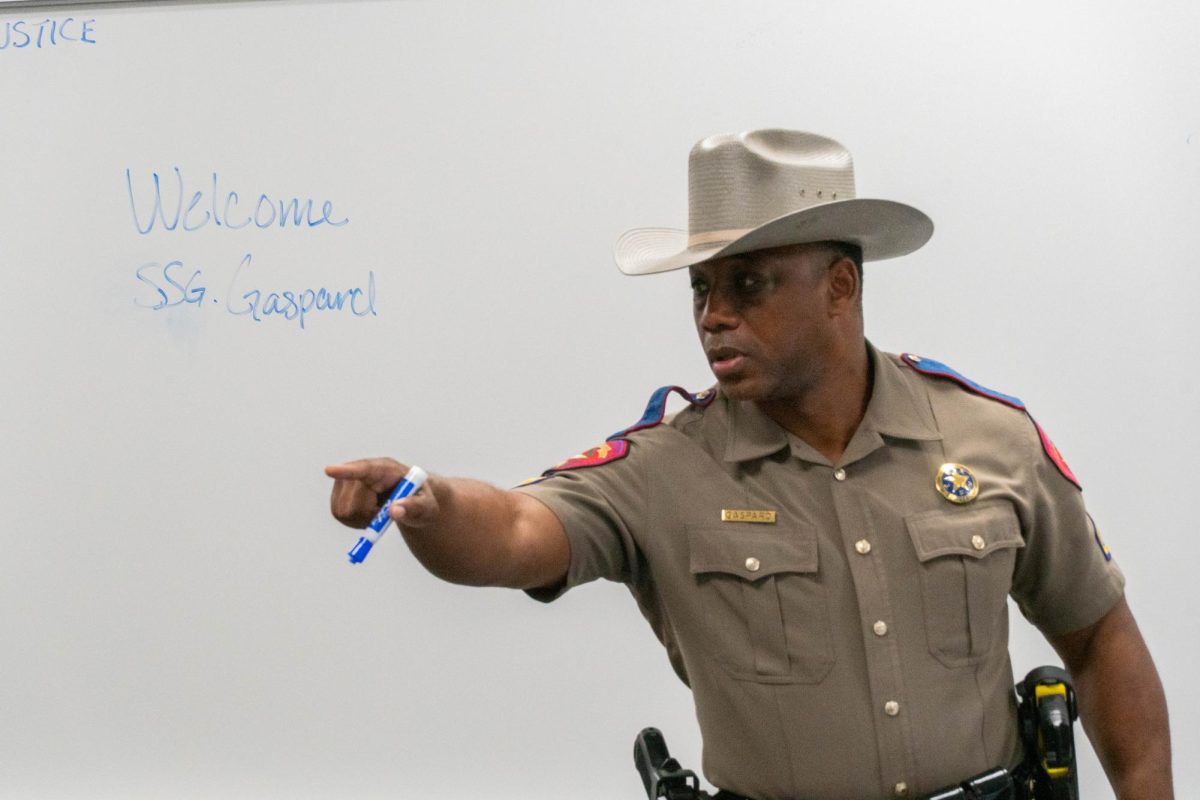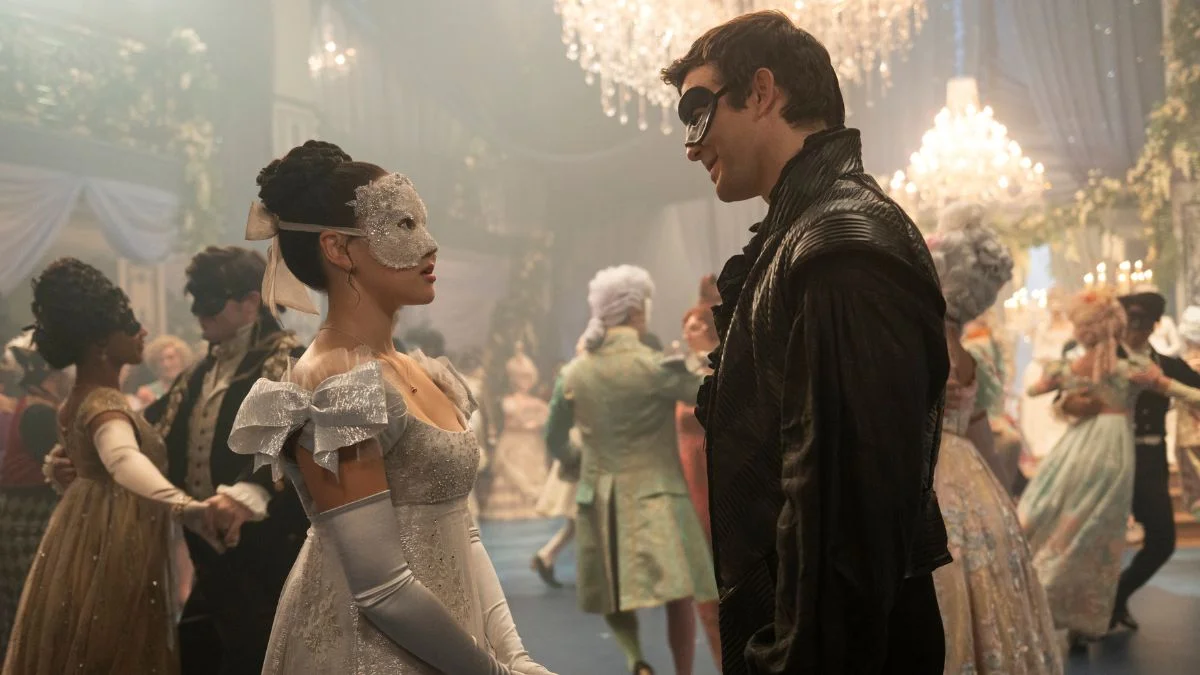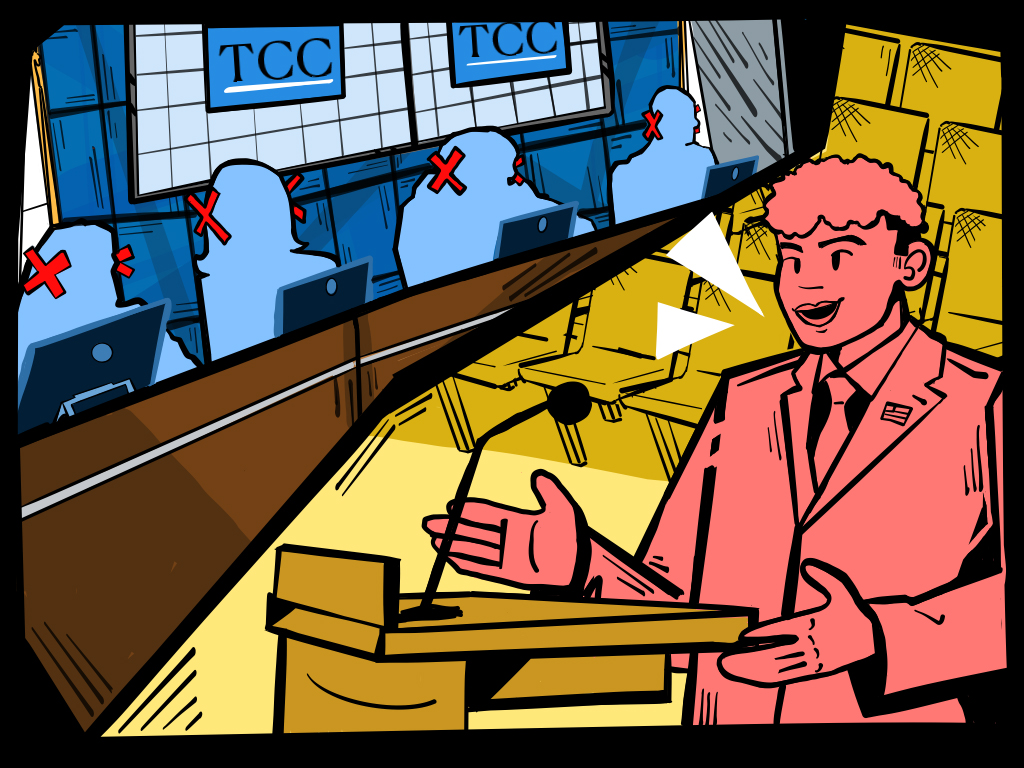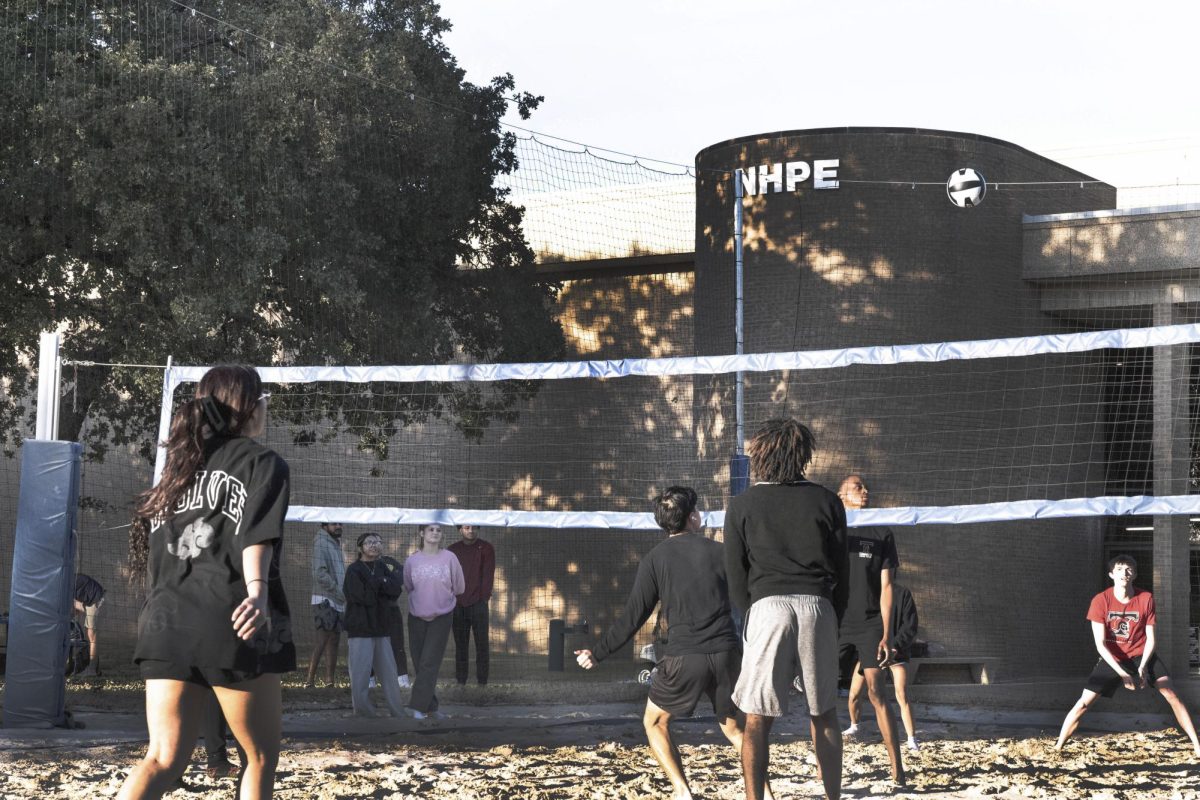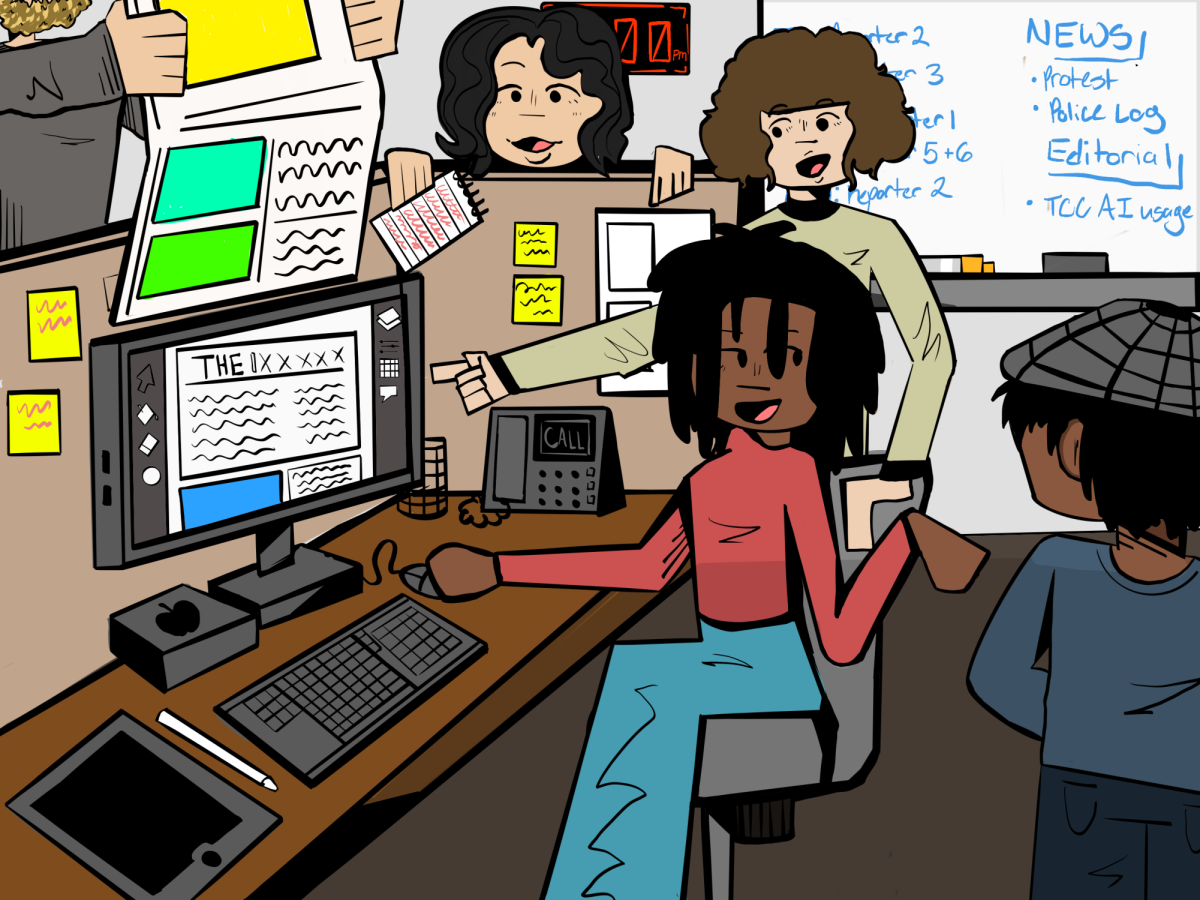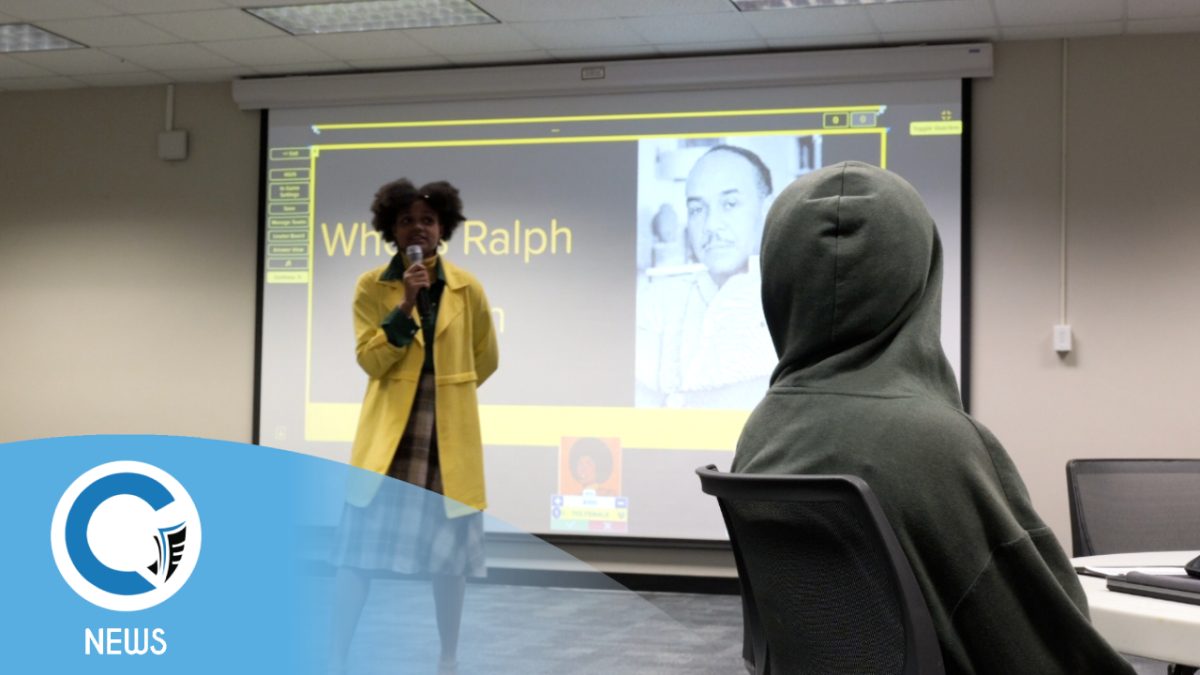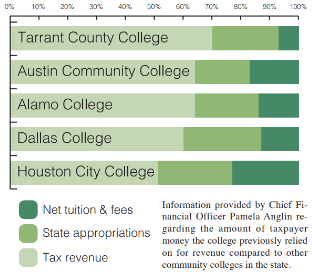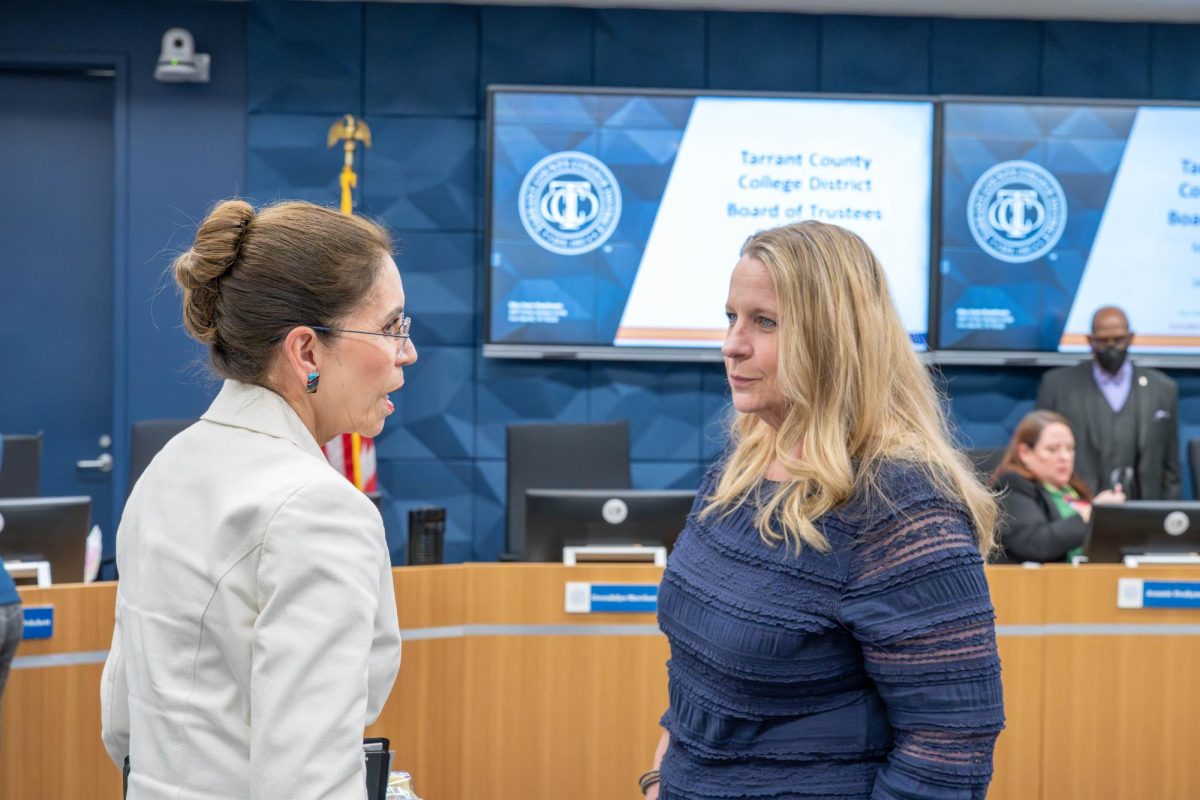Reports of sexual harassment, sexual assault and stalking more than doubled at TCC
during the 2023-24 academic year, according to Title IX data.
The Title IX district office received 263 reports during the 2023-24 academic year compared to 117 reports in 2022-23. The Title IX data summary released Sept. 5 shows 6.34 reports were documented out of every 1,000 students.
TCC police received 17 reports of stalking from July 30 to Aug. 22. Eight were at NE, three at NW, three at South, two at TR
and one at SE.
Neither TCC police nor the district Title IX office would comment.
Jacob, a NE student who asked not to be identified, witnessed the effects of stalking on another student within the first few weeks of this semester.
“I was told secondhand that somebody that I interact with weekly was followed by an unnamed person,” he said. “And when
they told them how they felt about that person following them, they continued to do it.”
A week after being notified of the issue, the victim asked if Jacob could escort her around campus. He detailed how she stammered and seemed unsure of what would happen to her if he were to say no.
“It’s not good to see somebody’s personality change in as short as a month,” Jacob said.
When he suggested that the victim report the incident to campus police, he said she shut the idea down. She did not give Jacob a reason why, and he did not want to pressure her.
He admitted he has been harassed too. A student stalked him on campus and left threatening notes on his windshield.
“I felt very uncomfortable,” he said, “and actually thought about not coming back to this campus for a while.”
Jacob has heard similar stories of people not reporting sexual harassment or stalking.
“It is pretty common,” he said. “A lot of people in situations like that think it’s taking it to another level if they have that happen.”
TCC offers many resources for students who don’t require reporting to police. Stephen Howard, a licensed therapist and counselor at Student Development Services on NE, urged more students to take advantage of the campus counseling services.
Students have access to six free counseling sessions with a licensed therapist each semester.
“Most of the students I’ve worked with over the past few years didn’t realize that TCC had counselors and counseling services.
They tend to think of it as academic,” Howard said.
Howard is a member of the CARE team, a group of faculty and staff who meets weekly to discuss referrals from concerned faculty, staff, students and parents.
“We go through the referrals,” Howard said. “It’s a behavior intervention team.”
CARE teams assess the referrals made and decide the best course of action for each case. Together, they find the best way to support a student on and off campus.
However, Howard cautioned that if there is an immediate threat to one’s safety, the best thing to do is contact TCC police at (817)515-8911.
Shane Whitehead, an instructional associate for kinesiology, also recommended students in immediate danger contact police.
However, he also teaches being aware of your surroundings and observing your environment.
Whitehead has led self-defense classes on campus and has seen the benefits of learning these skills.
He uses a four-color system of white, yellow, orange and red. White equates to a blizzard, a situation where your senses are
blocked, such as walking with headphones in and looking at a phone. Yellow is paying attention to your surroundings. Orange is when a threat is identified, and red is taking damage.
“The worst thing you can do is go from a white to a red,” Whitehead warned.
He explained self-defense isn’t just learning how to fight but how to identify your surroundings and what you are capable of.
“Once you make those decisions and you’re equipped with verbal skills, situational awareness and technique, then that’s empowering,” Whitehead said.
He pointed out the blue stations on campus in every parking lot, building and sidewalks in-between. When a person presses the button, a camera inside begins recording and TCC police are immediately notified.
“If you’re feeling uncomfortable as you’re walking get to that Code Blue button and press it,” Whitehead said. “No matter
what the other person says, the officer’s there for you.”


